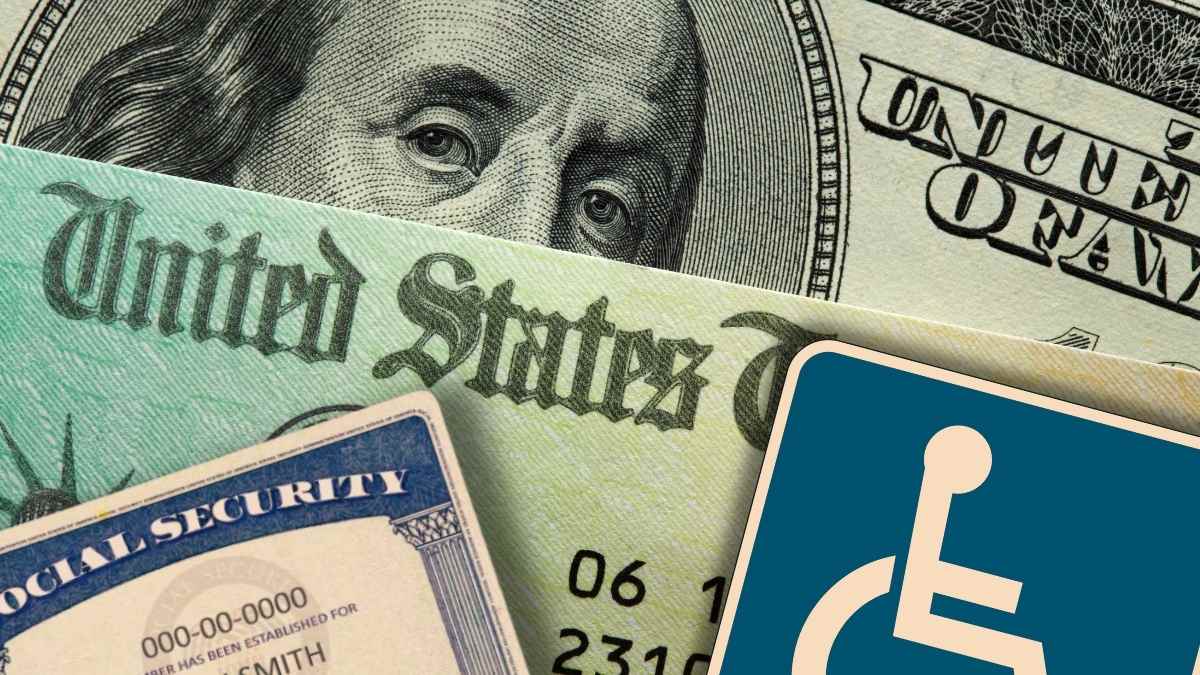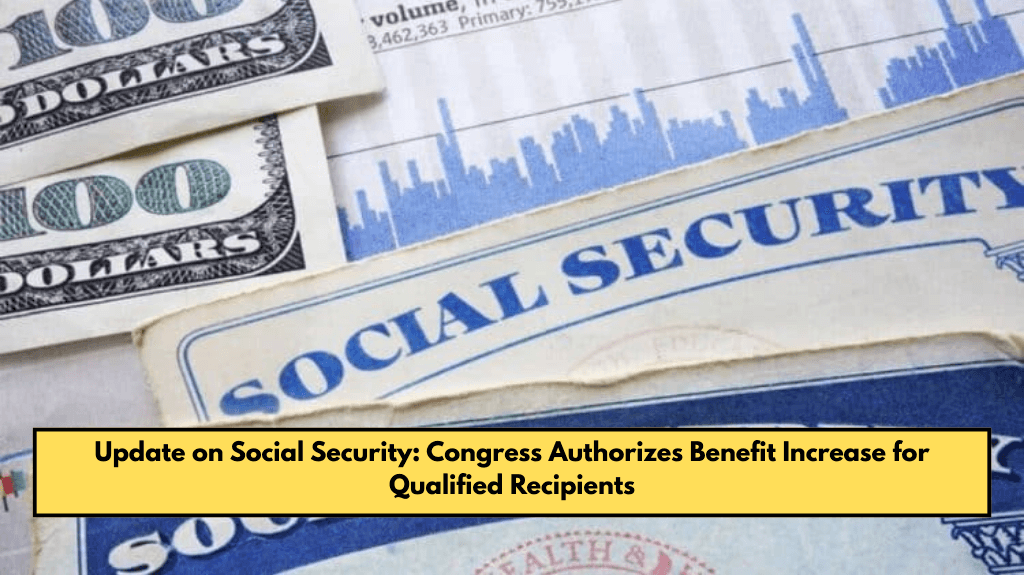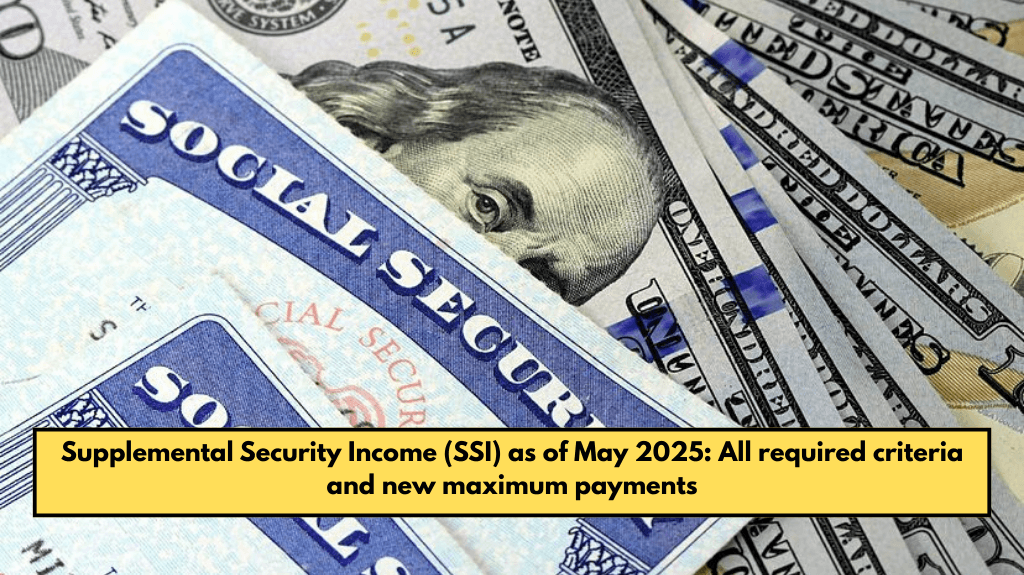If you are receiving Social Security disability benefits (SSDI), you are already aware that the process was not simple. But here’s something you might not realize: approving the application does not mean the end of the road.
Your monthly payments are contingent on you following certain rules; if you do not, you may face delays or even lose financial support.
SSDI benefits are intended for workers who have an illness or condition that prevents them from performing a lucrative activity, such as a job for which they are paid; however, whether the benefits continue to arrive on time is dependent on a variety of factors, as they are not automatic.
To avoid surprises, I’ve compiled a list of the five most important steps you should take this year.
Keep your SSDI: update your personal data without delay
For example, if you move, change your phone number, or even change your legal name (due to marriage, divorce, or other circumstances), but do not notify Social Security.
What’s happening? Simple: the Social Security Administration (SSA) may lose contact with you. If they are unable to contact you to confirm details or resolve issues, your payments may be held up.
The solution is simple: periodically check your profile on my Social Security (the SSA’s online platform) or contact the agency directly. Keep your address, phone number, and legal name up to date. Don’t underestimate this: even minor errors can cause you unnecessary headaches.
Extra income can cause your disability payments to be stopped
Working part-time, receiving money for freelance projects, or even your partner’s pay raise may impact your benefits. The SSA has strict limits on how much you can earn before losing your eligibility. In 2025, the maximum amounts are:
- $1,620 per month if you are not legally blind.
- $2,700 a month if you are legally blind.
The SSA cross-checks data with the IRS. If your income exceeds these numbers and you do not report it, you expose yourself to claims for overpayments, fines, or suspension of benefits. The key here is transparency: communicate any changes to your finances, even if they seem insignificant.

Be careful with working more than necessary
If you’re trying to re-enter the workforce, celebrate your progress while maintaining clear boundaries.
The Social Security Administration considers not only your earnings, but also whether you engage in “substantial gainful activity.” This means that even if your monthly income is within the limit, if you work too many hours or take on complex responsibilities, you may lose your disability status.
Maintain detailed records of your hours and earnings. If your employer offers you more hours or a promotion, think twice and speak with a specialist before accepting.
If you change banks, notify the SSA NOW
Have you closed your direct deposit account or opened a new one? Don’t wait! Update your banking information with the SSA right away. If a payment bounces because the account is closed, the agency may suspend all future payments until you correct the error.
To avoid this, check your information in my Social Security or contact the SSA. It’s a simple procedure, but skipping it can leave you without money when you need it the most.
If who manages your money changes, let them know too.
Is anyone helping you manage your benefits? Perhaps a family member, a trusted friend, or an organization. That person is your representative payee, and the SSA should know who they are.
If you stop working with her for any reason (for example, you change caregivers or decide to manage your money on your own), you must notify her right away.
If you do not do so, the agency may suspend your payments until the new situation is validated. It is not personal; rather, it is a fraud-prevention protocol.
When does the April 2025 payment arrive?
Deposit dates are determined by two factors: the date you first received benefits and your birthday. Here’s the calendar:
- April 3: For those who received benefits before May 1997.
- April 9: If your birthday is between the 1st and 10th of the month.
- April 16: If you have a birthday between the 11th and the 20th.
- April 23: If your birthday is between the 21st and the 31st.
VA disability payments (for veterans) are deposited on May 1, since they usually arrive on the first business day of the following month.











